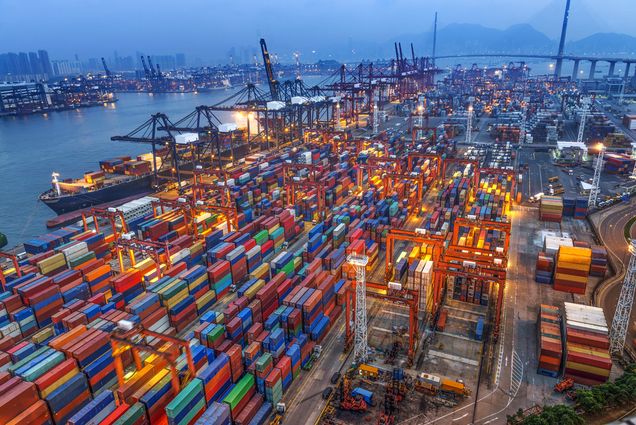Report: Trade treaties and fiscal stability in the COVID-19 era

Trade and investment treaties are partially standing in the way of emerging market and developing country efforts to create as much fiscal space possible in order to fight the COVID-19 virus, protect the vulnerable, and put together pathways for a sustainable economic recovery. This is the main finding coming out of a new GDP Center report released today titled ‘Domestic Resource Mobilization and the Trade and Investment Regime: The Need for Policy Coherence.”
Trade and investment treaties by definition reduce the amount of tariff and investment revenue for developing countries, which in theory would be replaced by the efficient use of resources and increases in domestic taxation. Unfortunately, that is not the case. Indeed, analysts featured in the report find that developing countries lose billions of dollars per year from such treaties. What is more, provisions in the treaties make it more difficult to put in place new tax schemes to recoup tariff revenue losses and mobilize domestic resources for development.
These findings are further elaborated in accompanying papers and policy briefs in this email. In an opinion article published in Global Policy and in this email, the GDP Center’s Kevin Gallagher and Richard Kozul-Wright from UNCTAD call for fresh liquidity for developing countries to obtain fiscal space, and for moratoriums at the WTO, regional free trade agreements, and bilateral investment treaties for all COVID-19 related actions. When the crisis has subsided, we call for significant reform of the regime.